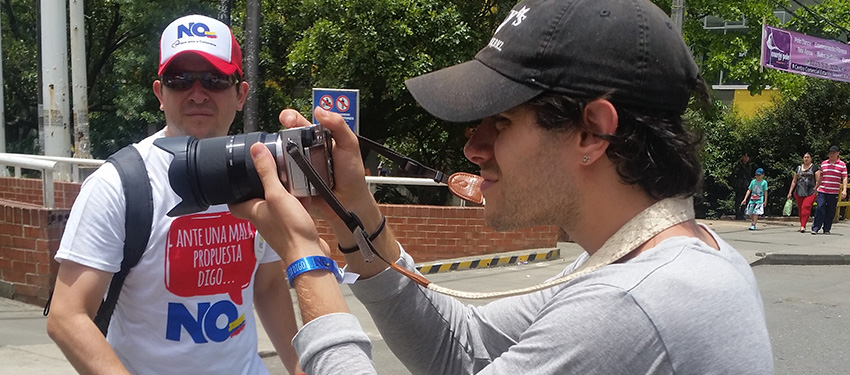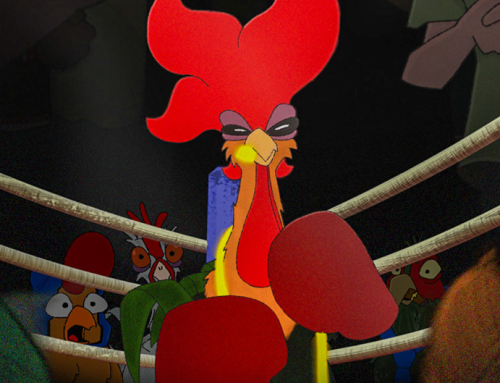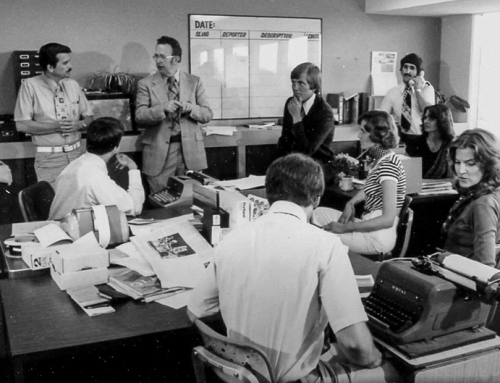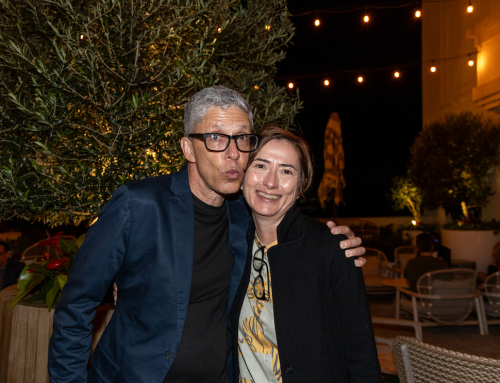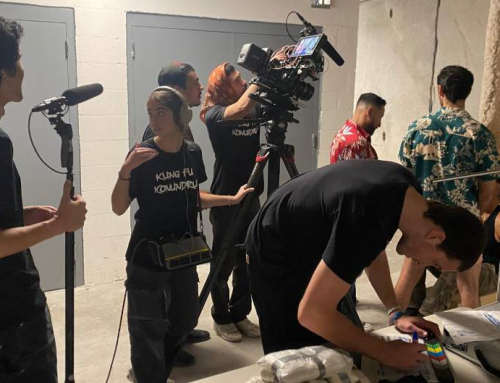University of Miami School of Communication alumnus Noah DeBonis, B.A. ’10, M.F.A. ’13, has embarked on a journey to film the reintegration process of former Revolutionary Armed Forces of Colombia (FARC) guerrillas into Colombian society. The country had the opportunity to end its civil war, which has lasted more than five decades, by signing a peace treaty with the FARC guerrillas.
DeBonis traveled to the country about three months ago and heard about the Colombian peace process. Although he did not visit Colombia with the intention of making a documentary, he found the situation to be an interesting story of forgiveness.
“The more I researched about it, the more fascinated by the aspect of a country that has been going through civil war for 50 years and is now trying to mend that conflict [I became],” DeBonis said. “And not only mend the conflict, but take the fighters who have been fighting on the opposite side of the government and reintroduce them as members of society.”
DeBonis reached out to the Agencia Colombiana para la Reintegración (ACR), the governmental organization that handles the reintegration of guerrillas, military personnel, or anyone who has been fighting in the Colombian conflict who wants to return to traditional Colombian society. The ACR allowed him to speak with some ex-FARC members who have shared their stories with DeBonis. For many of the former guerrillas, it is the first time they opened up about their experiences.
While finally having peace in the country sounds ideal, the entire Colombian population does not support the treaty. The country is split between those favoring the “Si” campaign and those favoring the “No” campaign. Colombians backing the “Si” campaign support the passing of the peace treaty. They believe that this is the best way to move forward, stop the bloodshed, and finally have peace through a democratic and political process.
Those supporting the “No” campaign say signing the peace treaty would be akin to negotiating with terrorists who have held the country hostage for more than 50 years, and compare it to the U.S. signing a peace treaty with al-Qaida or the Islamic State group. They also view the treaty as giving the guerrillas political power and freedom with little repercussions, as many of them are not seeing any jail time.
“Every Colombian and every government official wants peace in the country, but not everybody agrees on the right way to do it,” DeBonis said.
However, if the peace treaty does not pass, FARC has said that they will not renegotiate under any circumstances and will continue to fight the Colombian government.
Before creating the feature film, DeBonis is working on a short documentary to secure funding. With the 15 – 30 minute film, he hopes to introduce the story of FARC reintegration. DeBonis plans to submit the short documentary to film festivals to gain recognition. His goal for the feature independent film is to “follow the stories of several ex-FARC combatants who are currently going through the reintegration process and what it is like for them to relearn life in Colombian society after spending years fighting for FARC and fighting the Colombian government.”
Many former guerrillas turn to a life of crime because they either find that their new lives do not suit them or because it is a more lucrative lifestyle. For the feature documentary, the filmmaker is aiming to compare the stories of a former FARC guerrilla who has dropped out of the reintegration process and turned to a life of crime, and a former FARC guerrilla who is currently going through the process. He hopes to explore how their lives differ.
“What I would like to do is use the reintegration as the main angle for the story, but also juxtapose all these different elements of ex-combatants or current combatants to try to paint a picture of what the peace process has been like here in Colombia,” DeBonis said.
Through his film, he is working on humanizing the stories of those who have been affected by the conflict in Colombia and tell them in the way that they deserve to be told.
“It is a story of trying to relearn life in one’s own country and a story of trying to find acceptance of one’s own people,” DeBonis said.
On Oct. 2, the treaty was barely voted down with 50.22% of Colombians voting “no.” In an email following the news, DeBonis said that enormous protests continue to take place throughout the city and the mood in Colombia is very tense. Just last week, on Nov. 24, the Colombian government and FARC signed a revised peace treaty.
The film, with the working title of Strangers to Peace, was recently accepted into the Sundance Story Development Documentary Workshop. More information on the film can be found at StrangersToPeace.com or https://www.facebook.com/strangerstopeace.
